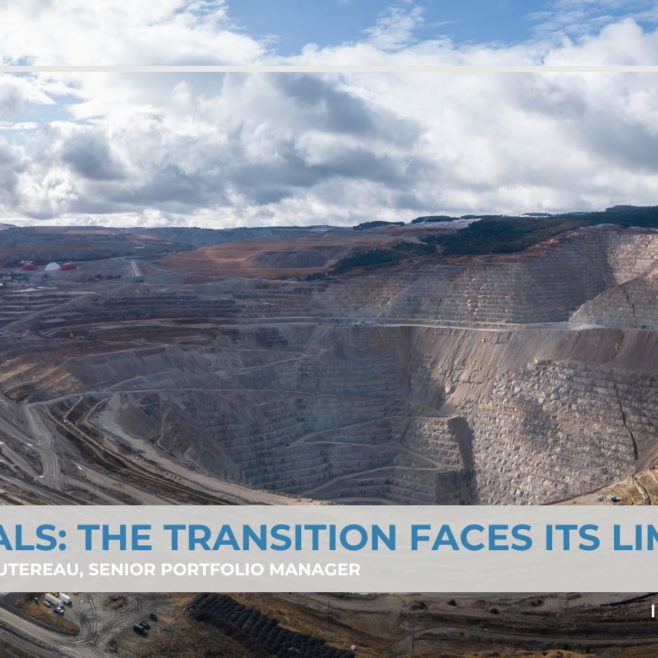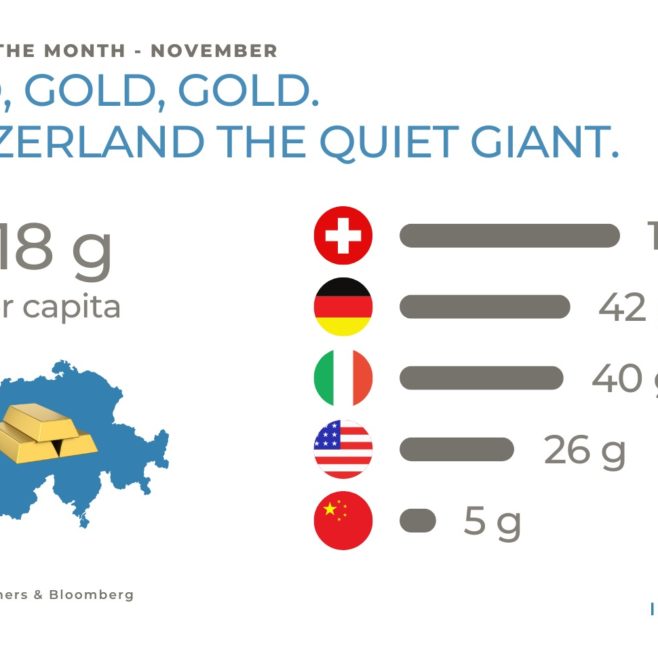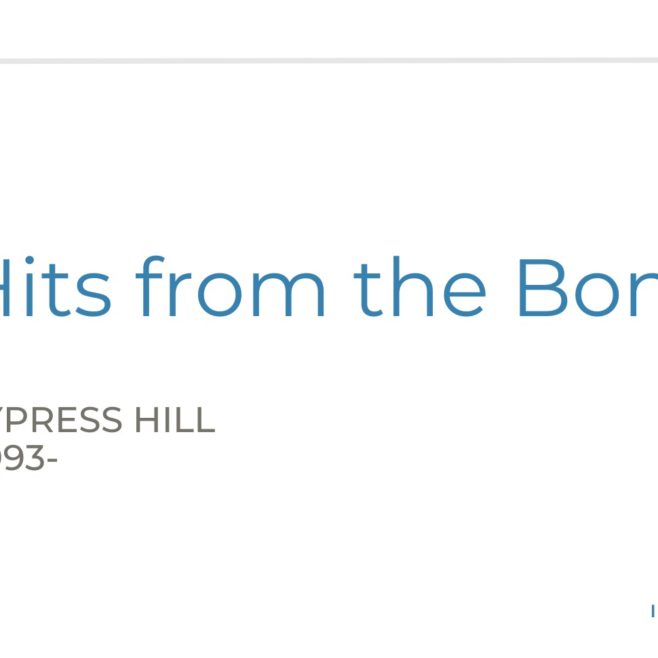
Chart of the Month – Turbulence ahead… Buckle up!

Turbulence ahead… Buckle up!

When we analyze the cost component of most goods and services, wages and salaries are more important than commodity prices. If we look at the USA (Chart above) we can see that US Average hourly earnings are growing at 5.20% as of 31-August, and the Employment Cost Index is increasing at 5.1% as of 30-June. The higher wages are pushing inflation higher and corporate margins lower. Even worse, wage increases tend to be more sticky than other components of inflation, so once you have salaries growing at 5%, it takes a while to convince unions and employees to accept lower increases in their incomes.
Why are salaries growing so fast compared to history?
- The first and most obvious reason is that workers want to, at least, maintain their income in real terms. With headline inflation running at 8.5% in the USA, even with the current wage increases, they are losing money in real terms. If the market consensus is right, this pressure will diminish during the next 12 months.
- The second reason is that demand for workers is very high in the USA, with an economy that has been booming since the lockdowns are over. We can see in the chart that job openings are very high with many companies willing to engage more workers. With the economy slowing down, we are seeing less job openings in some markets, but they are still at very high levels. Let’s remember that with a current unemployment rate of 3.7%, technically the US is working at full capacity (Powell estimates that 4.0% is full employment).
- The third reason is that supply of workers is relatively low. The labour market participation rate used to be at about 63.0% before the pandemic, and with the latest August data, this participation is at 62.4%. What does this mean? There are between 1.1 to 1.5 million people in the USA who have quit the labour market, creating a lack of supply, so companies are forced to increase wages to attract workers. Fear of Covid, generous social programs and people willing to retire are the reasons mentioned to explain this lower participation rate. This ratio has improved a bit but it will be necessary to go to the previous 63% to better control the salaries.
In summary, the evolution of wages is key to control inflation, to maintain interest rates lower and to maintain corporate margins at high levels. For the time being, the FED tightening will diminish the demand for workers but we need some improvement on the supply side to be able to come back to wages growing at 3%, which will be more consistent with the overall FED target of inflation at around 2%. Buckle-up for this ride!
Past performance is not indicative of future results. The views, strategies and financial instruments described in this document may not be suitable for all investors. Opinions expressed are current opinions as of date(s) appearing in this material only. References to market or composite indices, benchmarks or other measures of relative market performance over a specified period of time are provided for your information only. NS Partners provides no warranty and makes no representation of any kind whatsoever regarding the accuracy and completeness of any data, including financial market data, quotes, research notes or other financial instrument referred to in this document. This document does not constitute an offer or solicitation to any person in any jurisdiction in which such offer or solicitation is not authorized or to any person to whom it would be unlawful to make such offer or solicitation. Any reference in this document to specific securities and issuers are for illustrative purposes only, and should not be interpreted as recommendations to purchase or sell those securities. References in this document to investment funds that have not been registered with the FINMA cannot be distributed in or from Switzerland except to certain categories of eligible investors. Some of the entities of the NS Partners Group or its clients may hold a position in the financial instruments of any issuer discussed herein, or act as advisor to any such issuer. Additional information is available on request.
© NS Partners Group





